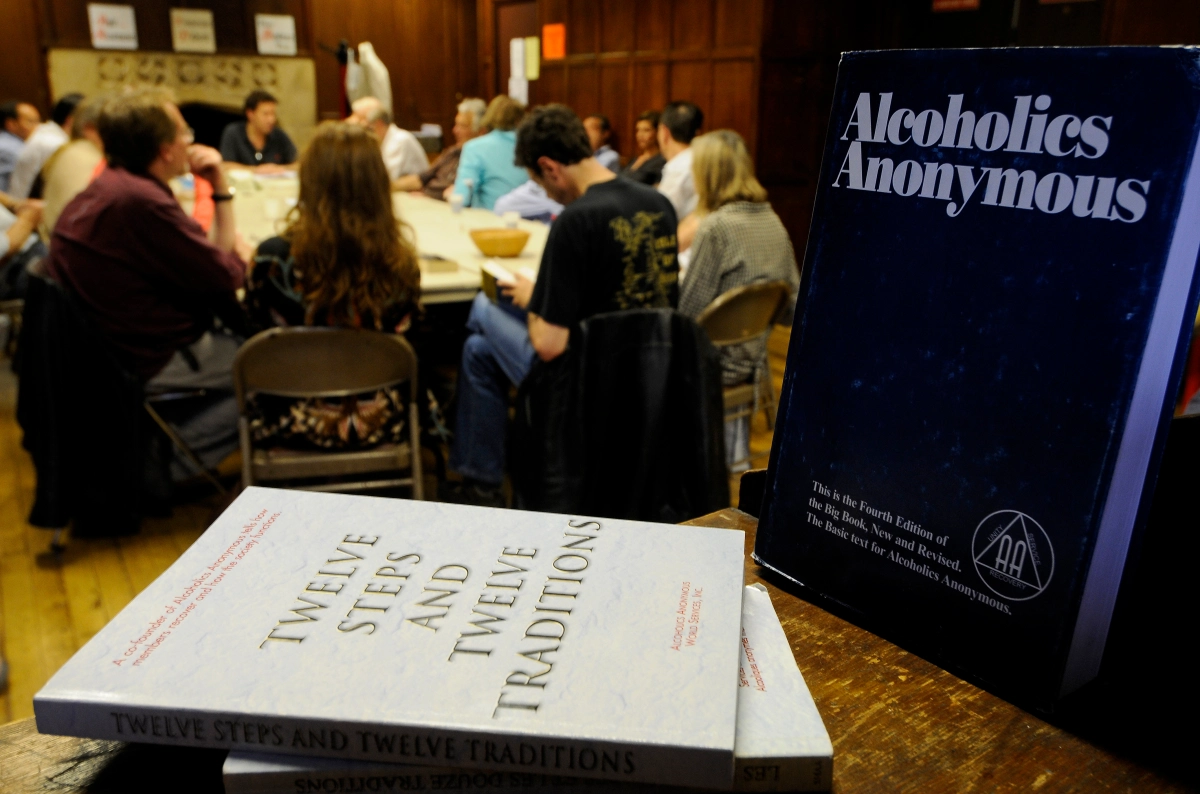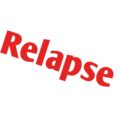What is Alcoholics Anonymous (AA)?
Alcoholics Anonymous (AA) is a worldwide fellowship of individuals who share their experiences, strength, and hope to help each other recover from alcohol addiction or alcohol use disorder (AUD). Founded in 1935 by Bill Wilson and Dr. Bob Smith in Akron, Ohio, AA follows a 12-step program to guide members on their path to sobriety.
The primary purpose of Alcoholics Anonymous is to stay sober and help others achieve sobriety. The organization is non-professional and self-supporting, relying on voluntary contributions from its members. AA is not affiliated with any particular religion, political group, or institution, and it doesn’t endorse any outside causes.
The 12-step program of AA is a set of guiding principles that members follow to work towards their recovery. The steps encourage individuals to admit their powerlessness over alcohol, seek the help of a higher power or a “Higher Power of their understanding,” make a moral inventory, make amends for past wrongs, and continue to grow spiritually and maintain sobriety. The steps emphasize self-reflection, accountability, and reliance on a supportive community.
AA meetings are an integral part of the program, where members gather to share their experiences, discuss challenges, and offer support to one another. These meetings can take various formats, such as speaker meetings, step meetings, discussion meetings, and more. Attendance at meetings is open to anyone with a desire to stop drinking, and participation is voluntary.
The anonymity of AA members is a fundamental principle. Participants are encouraged to introduce themselves by their first names only and to maintain confidentiality about what is shared during meetings. This anonymity creates a safe and non-judgmental environment, fostering trust and openness among members.
Some individuals find great success and support in the AA program, while others may benefit from alternative treatment methods or support groups. Ultimately, the effectiveness of AA and any recovery program depends on an individual’s willingness to engage, their commitment to change, and the level of support they receive.
Does Alcoholics Anonymous (AA) Approach Work For Everyone?
No, the effectiveness of AA and similar 12-step programs can vary widely from person to person. There is no “one-size-fits-all” approach to treating addiction, and what works for one individual may not work for another. Some people find tremendous success and support through AA, while others may not resonate with the program or its principles.
Several factors can influence the effectiveness of AA:
- Personal motivation: Individuals who are highly motivated to overcome their alcohol addiction and actively participate in the program tend to have better outcomes.
- Social support: The fellowship and support from other AA members can be instrumental in the recovery process.
- Belief in the 12-step philosophy: Some people find solace in the spiritual and moral aspects of the 12-step program, while others may not connect with it.
- Co-occurring disorders: People with additional mental health issues may require a more comprehensive treatment approach that includes therapy and medical intervention.
- Cultural and personal factors: Cultural backgrounds, personal beliefs, and experiences can all influence how someone responds to AA.
It’s essential to recognize that AA is not the only option for treating alcohol addiction. There are various evidence-based treatment modalities, including cognitive-behavioral therapy, medication-assisted treatment, motivational enhancement therapy, and others. Each person’s journey to recovery is unique, and it’s crucial to find a treatment approach that aligns with their individual needs and preferences.
If you or someone you know is struggling with alcohol addiction, seeking professional help from a licensed therapist, counselor, or addiction specialist can provide personalized guidance and support in finding the most suitable treatment approach.
How To Make AA’s 12-Step Approach Work For You
Making the 12-step approach of Alcoholics Anonymous (AA) work for you can be a transformative and empowering experience. Here are some tips to enhance your engagement and success in the AA program:
- Commit to the process: Embrace the program with an open mind and a willingness to change. Recognize that it may take time and effort to see significant progress.
- Attend meetings regularly: Regular attendance at AA meetings helps you stay connected with a supportive community of individuals who understand your struggles. It also reinforces the principles of the program.
- Get a sponsor: A sponsor is an experienced member who can guide you through the steps and provide personalized support. Having someone you can talk to openly and honestly can make a significant difference in your recovery journey.
- Work the steps: The 12-step program is designed to be taken one step at a time. Progress through the steps at your own pace, taking time to reflect and internalize the principles they entail.
- Be honest and open: Share your experiences, thoughts, and feelings during meetings. Honesty is crucial in the AA community, and being open can help you gain valuable insights and support.
- Cultivate a support network: Build relationships with other AA members, both inside and outside of meetings. Engage in social activities with sober friends to reduce feelings of isolation and loneliness.
- Attend different types of meetings: Explore various AA meetings, such as speaker meetings, step meetings, discussion meetings, or beginner meetings. Each format offers different perspectives and experiences.
- Practice self-reflection: Take time for introspection and self-evaluation. Understand your triggers and coping mechanisms, and work on developing healthier strategies to deal with stress and difficult emotions.
- Embrace the spiritual aspect: The spiritual component of the 12-step program doesn’t necessarily mean adhering to a specific religion. It can involve finding a higher power, a sense of purpose, or values that guide you towards positive change.
- Be patient with yourself: Recovery is a journey with ups and downs. It’s essential to be compassionate with yourself, acknowledge your progress, and not be too hard on yourself if you experience setbacks.
- Utilize resources beyond AA: While AA can be a valuable tool, consider complementing it with other forms of support, such as therapy, counseling, or educational resources related to addiction and recovery.
- Celebrate milestones: Acknowledge your achievements, both big and small. Celebrating your sobriety milestones can reinforce your commitment to recovery.
Remember that recovery is a highly individual process, and what works for one person may not work for another. It’s okay to try different approaches and find what resonates best with you. Seek professional guidance if needed, and don’t hesitate to reach out for additional support when navigating your journey to sobriety.




